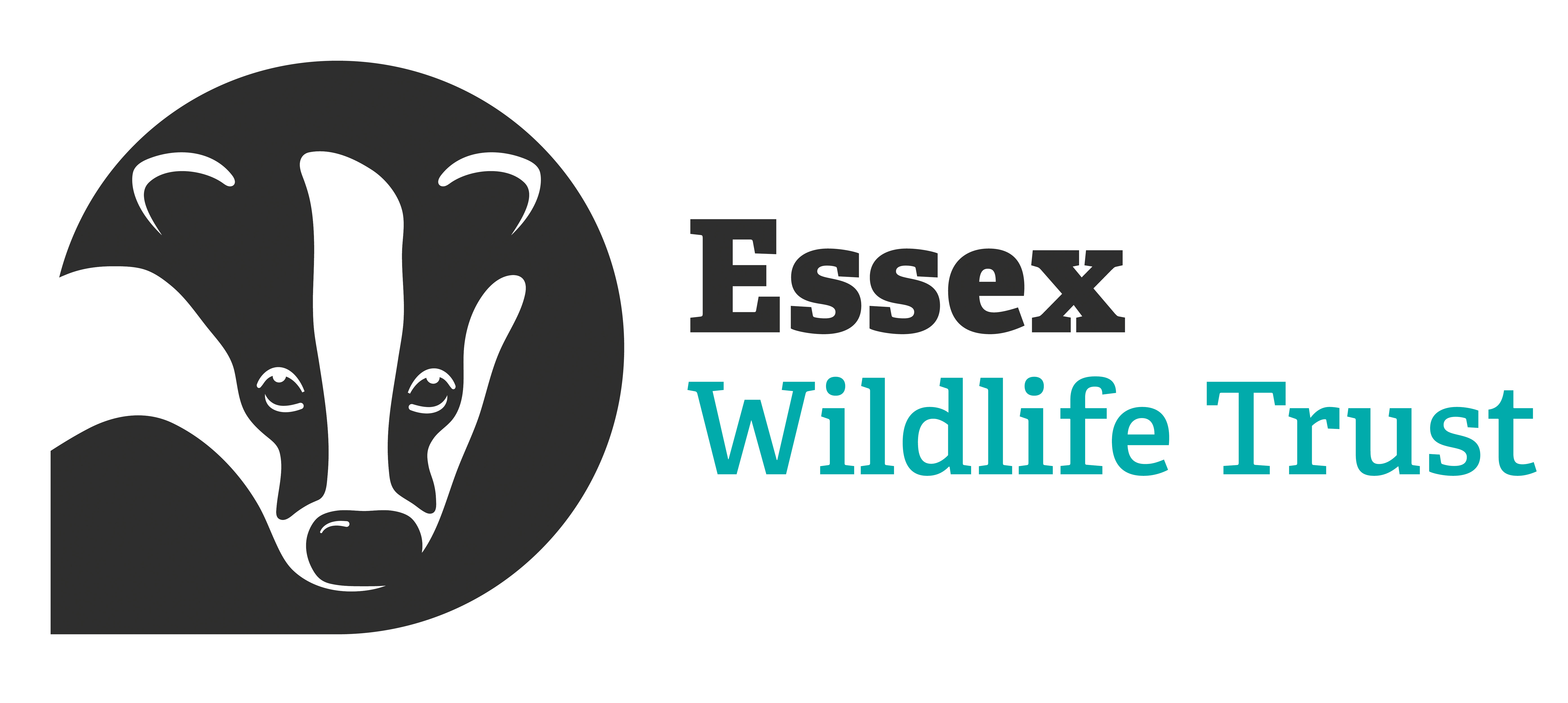A new survey shows that only one of 20 leading garden retailers contacted by The Wildlife Trusts reported that it would eliminate peat from its shelves this year – and the survey reveals an overall lack of ambition by retailers to set targets to end peat sales. Last year, the voluntary target set by the Government to end sales of peat composts to amateur gardeners was missed.
This year the Government will decide if new legislation is needed to end peat use in the horticultural sector – but there is still no sign of their long-awaited peat strategy. The Wildlife Trusts are now calling for an immediate end to sales of peat compost – further delay will cause continued destruction of peatlands worldwide.
Calls to end peat use began over 30 years ago when people began to realise that peatlands are priceless – recognising them as precious places for wildlife, and more recently as habitats which capture and store carbon if managed well.
Some retailers are doing notably better in moving away from peat than others: of the 11 out of 20 retailers that responded to the survey, all now offer peat-free composts as part of their range, and none sell soil improvers or mulch containing peat. Travis Perkins and Wickes were the only two retailers to declare an end-date for peat sales – Travis Perkins by this year, and Wickes by 2025. But while a further few plan to end peat sales in the future, no dates have been specified and others have no clear commitments at all. Just four reported stocking ranges of peat-free plants.
Craig Bennett, chief executive of The Wildlife Trusts says: “Our survey shows that most retailers’ approach to the voluntary ban on peat sales has been woeful – even though the industry has been aware of the problem for decades. The time for voluntary agreements is over – the sale of peat must end now. Countless promises have been broken, and targets missed with the result that precious peatland habitats are still being unnecessarily destroyed in the name of gardening.
Peatlands are vital wildlife habitats and it’s absolutely crucial that they remain intact to help us tackle climate change. The Government can ensure that these important carbon stores function as nature intended by banning peat sales now.
Only one leading retailer – Travis Perkins – is planning to eliminate peat from its shelves by 2021, whilst growers like Hillier demonstrate that you can produce compost and grow high-quality plants without peat. These retailers are to be congratulated, but we now need Government to make the rest follow their lead. The time for delay and excuses is over.”
Essex Wildlife Trust is working alongside The Wildlife Trusts movement to encourage the end of all sales of peat in the UK. Peatland habitats are crucial in the fight against the climate crisis. The UK’s peatlands store roughly 3.2 billion tonnes of carbon and alongside the oceans, are the second largest store of carbon on the planet. However, more than 94% of the UK’s lowland peat bogs have already been destroyed or damaged, taking with them the diverse wildlife that thrives there.
Peat extraction is by no means the only cause of damage to our peatlands, but it is one of the easiest to prevent. The Wildlife Trusts are working to restore peatlands throughout the UK, but with over 2 million cubic metres of peat used in horticulture in 2019 alone, an urgent shift is needed. The Wildlife Trusts are calling on the Government to support an immediate ban on peat-based products and encouraging members of the public to take a ‘peat free pledge’.


